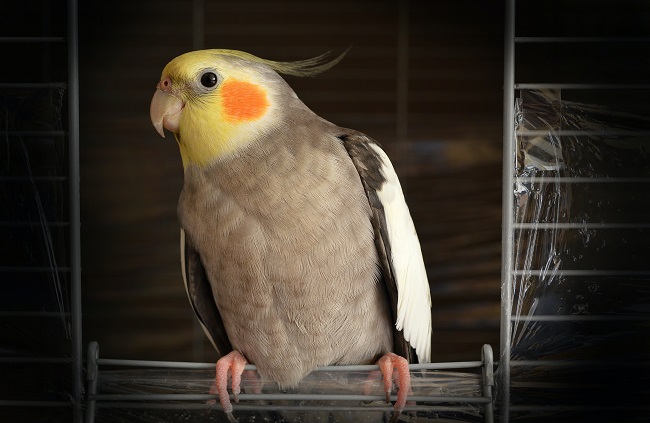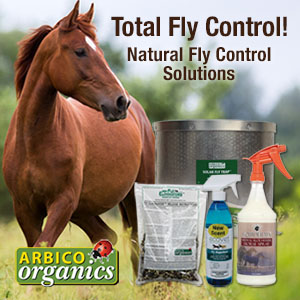
Most disease and illness in pet birds is directly or indirectly the result of malnutrition and stress. This is not to say that birds are underfed by any means, only that they are not fed the right food in the right amounts-which varies from species to species.
Most birds are on an all-seed diet out of convenience and the fact that they take a while to “spoil”. This all-seed diet is very high in fats which we all know is not good. Some owners will feed a variety of foods in addition to seeds; and birds invariably pick out and eat all the seeds rather than consume the more nutritionally balanced items that they are offered.
There are many diseases associated with malnutrition in birds. Here is an impartial list of problems associated with all-seed diets and malnutrition: vitamin A deficiency, hypocalcemia, hematuria, goiter, obesity, hypothyroidism, cardiac diseases, poor immune function (subsequent bacterial/viral infections), beak abnormalities (overgrown, flaky, breakage, poor growth), feather problems (poor condition of feathers), skin problems (dry, flaky, overgrown or callus-like), fractures, stress intolerance, liver disease, kidney disease, central nervous system problems (seizures, paralysis, etc.), fertility problems (egg-binding, egg-breakage, non-formation of eggs), and tumor formation (lipomas.)
As you can see, the list is quite extensive, and it can all boil down to what is in the food bowl. There is no one diet that is meant to be healthy for every species of bird, they all come from different areas of the world, and some can have very special needs. You should ask your veterinarian for a recommendation on a diet that is right for your species of bird. In general, a good diet should consist of a nutritionally balanced pelleted diet as the main part of their diet; along with a variety of other foods such as dairy products, fruits, vegetables, eggs, breads, cereals, even some meats and protein sources. Also, it is a good idea to supplement your bird with powdered multivitamins that are made especially for birds and are available through most veterinarians.
Some foods to avoid would be onions, avocados, chocolate and any seeds or pits from fruits that contain toxic compounds. Also, you may want to avoid keeping any perishable items in the food bowl for extended periods of time due to growth of molds, spores, and bacteria (meat is a good example). Water ideally should be freshened as often as possible (2-3 times per day) and should always be available as birds tend to accidentally contaminate their water with droppings and food scraps, etc.
Birds like and need a variety in their diets to satisfy not only their extensive nutritional needs but also to overcome boredom. In nature, a bird spends approximately 2/3 of its day searching for food. Being domesticated, this “search time” must be filled with something as food is provided. Toys also become very important; along with outside stimulation from you, your family, televisions, and radios, etc. Also, keep in mind that birds are “flock” animals and like to be part of a group-so try to include your bird in some daily family activities. There are many more variables in the husbandry of keeping a healthy bird, but a good, nutritionally balanced diet is of utmost importance.
Provided by Dr. Kelly Brodnik
Related Articles & Free Email Newsletter Sign Up
How to Deal with Lice in Pet Birds
How to Identify & Eliminate Depression in Pet Birds
What to Do If Your Bird is Plucking Feathers




Comment here